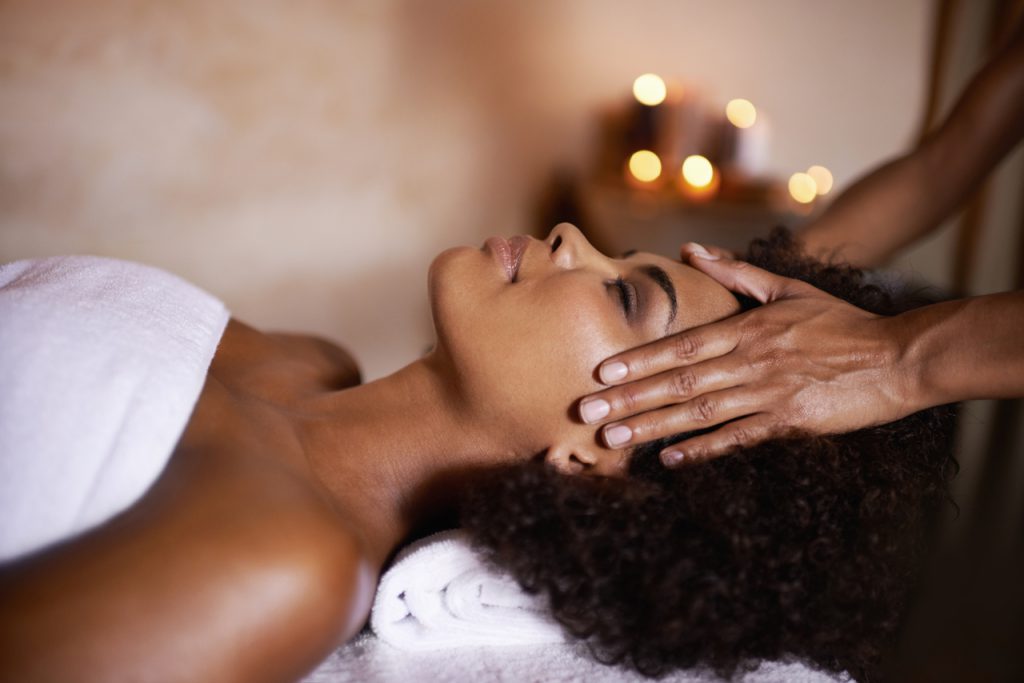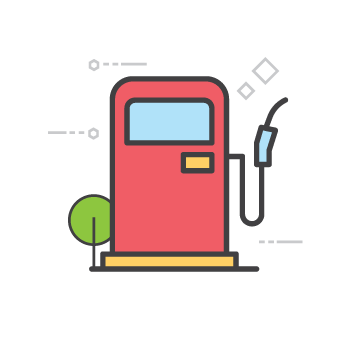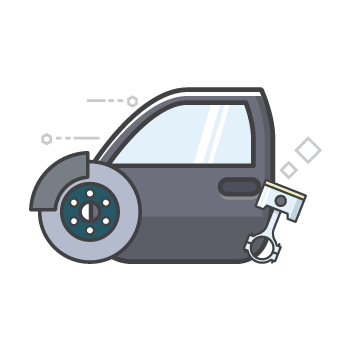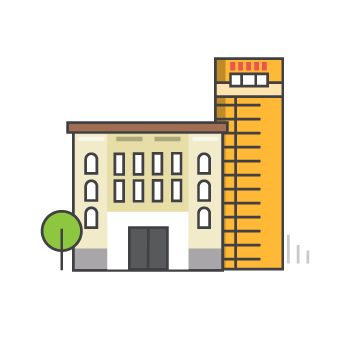How To Prepare For Your First Massage
by Carolyn Lee Aug 3, 2020

There are many great reasons to treat yourself to a massage.
Many of us know that massages can be relaxing and soothing, but the benefits do not stop there.
A massage may help with improving circulation, digestive disorders, insomnia caused by stress, soft tissue injuries or strains, headaches, chronic pain, anxiety or sports injuries.
There are different types of massages – Swedish, deep, trigger points and sports.
Massages are done by a massage therapist or masseuse, who may perform a full body massage or massage parts of the body.
If you are preparing for your first massage, we’ve got a few tips for you. If you’ve already had several massages, we hope these reminders help.
How should you prepare?
One of the most important things that you can do to prepare for your massage is to relax.
Your massage therapist will ask about your medical history, and what you hope to get from the massage, so be open about any concerns you may have. They should also provide you with information on the kind of massage and techniques that will be used.
Other tips on how to prepare for a massage include:
– Taking a warm bath or showering a few hours before your appointment, as this helps to warm up your muscles. If your spa has a steam room, spend a few minutes inside and take a cold shower after.
– Drinking water to rehydrate after using the steam room or your warm shower. While your therapist will allow you to go to the restroom if you need to during the massage, try to use the restroom before beginning.
– Avoiding alcohol or eating a full meal just before the massage. Being massaged with a full stomach is uncomfortable.
– Avoiding the sun or sunbathing before your appointment, as your skin may become more sensitive to the touch.
– Sharing any allergies that you may have to ingredients, since oil or lotion may be used during the massage.
Try to schedule your massage at a time that is most beneficial to you. Some persons feel energised after a massage, while others may experience soreness. If it is your first massage, avoid going to the gym or doing other time-consuming activities, as your muscles may feel sore after.
Now that you’ve prepared, what’s next?
When you are ready to begin, the therapist will leave the room to allow you to undress. Undress to the point where you are comfortable. It is OK to undress fully; your therapist is experienced and will keep you appropriately covered. Keep in mind that wearing underwear during the massage could interfere with pressure points and can get in the way of long strokes.
During the massage, your therapist may ask a few questions to see if you are comfortable with the amount of pressure that is being applied. You will also become aware of the sore areas.
Speak up if you experience discomfort or if the pain is intense but trust your therapist to work on these areas. Conversely, let your therapist know what you find enjoyable during the massage.
What should you expect when it is over?
At the end of your massage, you should feel relaxed. Try not to jump up immediately, as this could lead to feeling dizzy or lightheaded. Get up slowly and dress.
Drink more water to stay hydrated as this helps with removing metabolic wastes that accumulate as your muscles are worked out.
You may experience some muscle pain, fatigue or discomfort after your massage. This is the result of your muscles being worked on. Any discomfort or pain after a massage should ease in a day or two.
Is a massage right for everyone?
While there are many benefits to having a massage, you should consider speaking to your doctor before having one.
Massages may not be appropriate for persons who have fractures, burns or wounds that are healing, bleeding disorders or severe osteoporosis.
If you are pregnant or suffer from severe thrombocytopenia or deep vein thrombosis, speak to your doctor before making an appointment.
Ready to book your massage appointment?
We’ve got a few more tips to help you learn about your therapist before booking an appointment. When you are ready, search Find Yello for a massage therapist or related services near you!
Sources: Women’s Health, EarthLite, Zeel, and Mayo Clinic.








